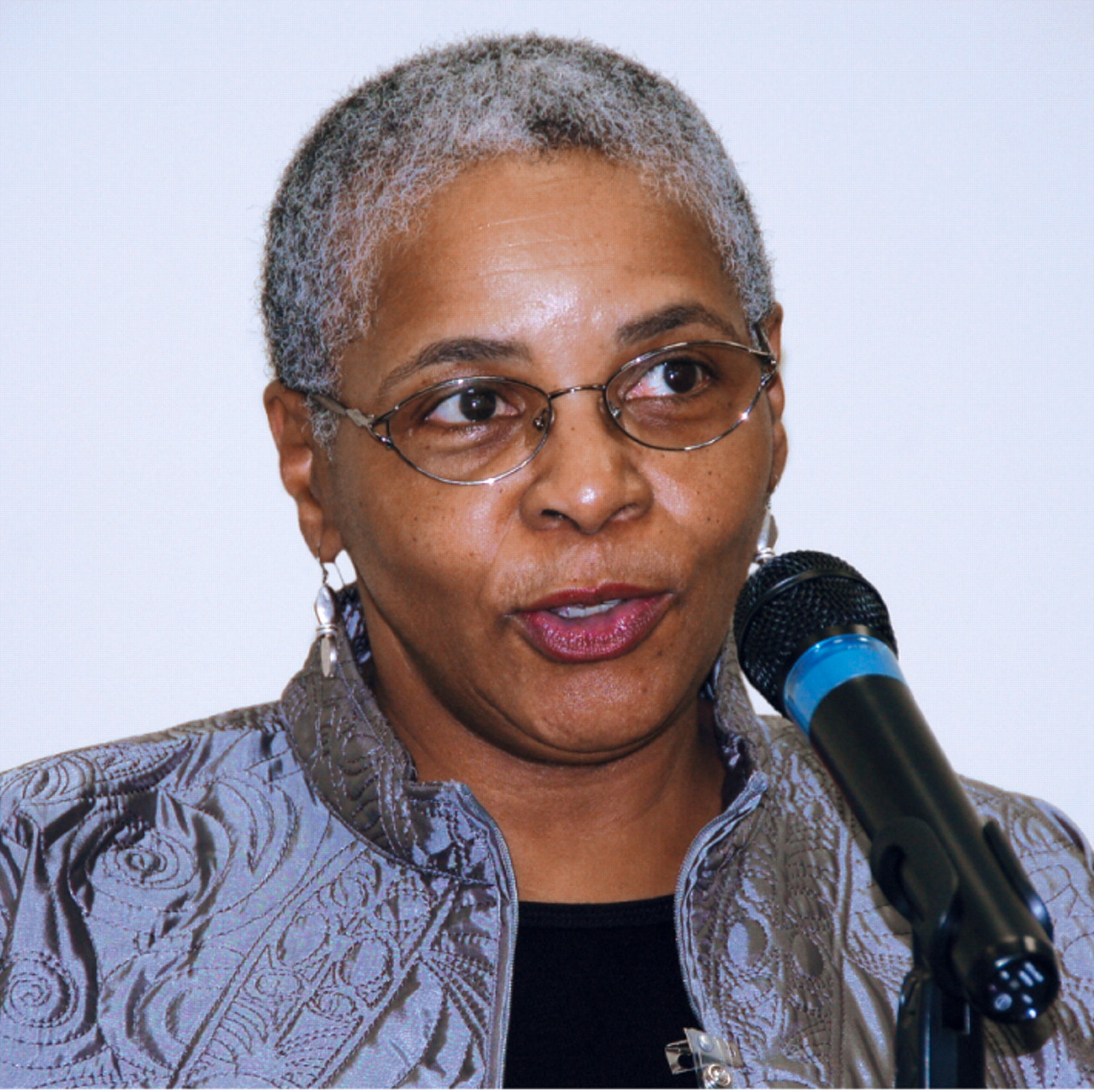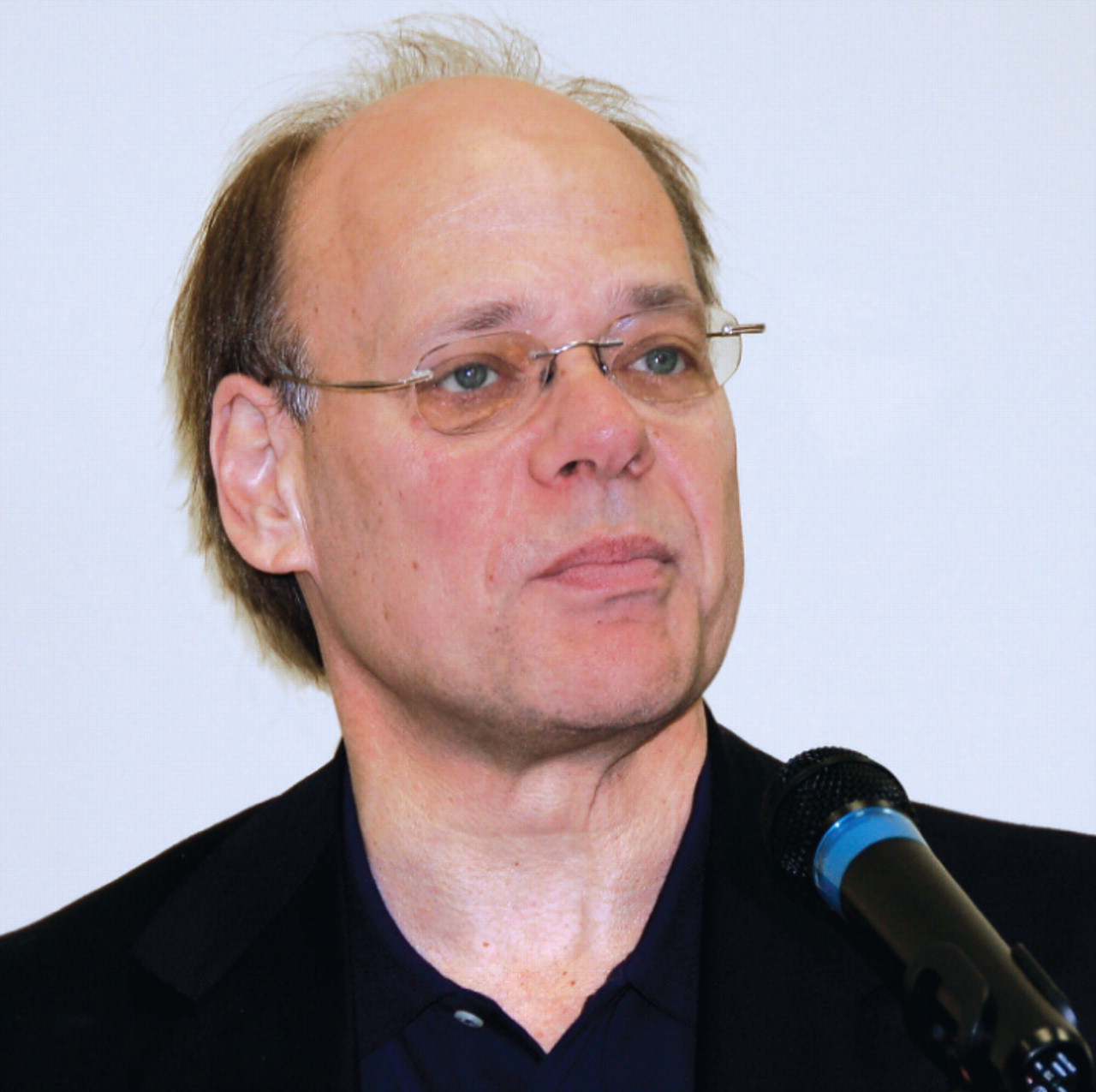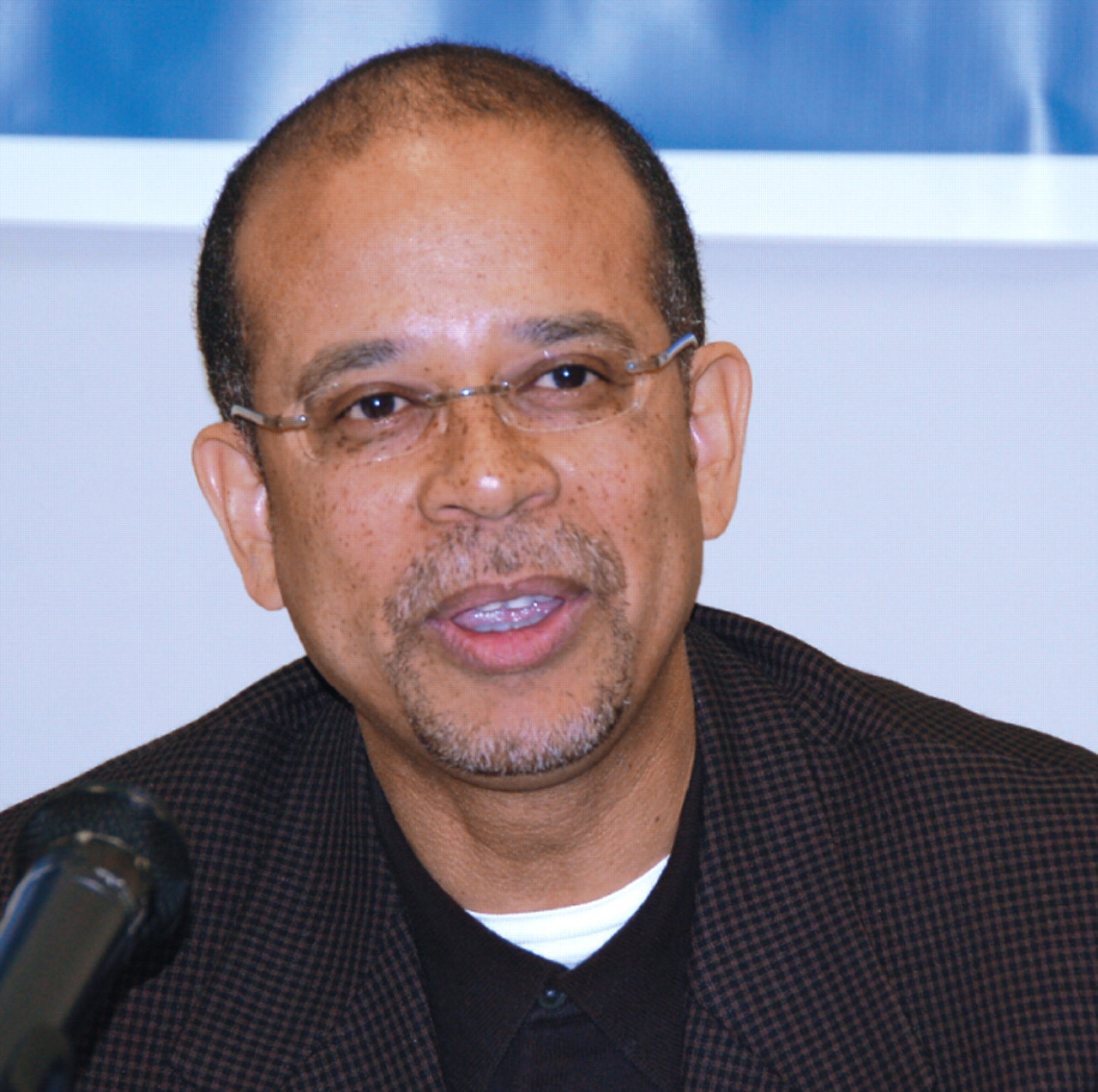As local mental health advocates and professionals joined APA leaders at the Hope and Healing community center in Memphis in April, depression went on the retreat.
Information was exchanged, hands were joined, and questions were answered: The American Psychiatric Foundation's (APF) first “Community Connections: Let's Talk Depression” program fulfilled its goals—to educate community members about depression and help link individuals with depression to treatment resources.
The program was held by the APF through an educational grant from Wyeth Pharmaceuticals.
The half-day event was the first in a series of six meetings whose goal is to raise awareness of depression in communities across the country. The next meeting is scheduled in Columbia, S.C., on June 11.
“The American Psychiatric Foundation was delighted by the success of the initial pilot of our Community Connections: Let's Talk Depression public education event in Memphis,” APF President Richard Harding, M.D., told Psychiatric News. “I believe we have opened the door to a new approach to depression education.”
Harding acknowledged the work of APF's immediate past president, Altha Stewart, M.D., who helped to bring the program to Memphis and arrange for community leaders to address attendees.
“Community Connections: Let's Talk Depression” was truly a conversation with the Memphis community,” Annelle Primm, M.D., director of APA's Office of Minority and National Affairs, told Psychiatric News. “Mental health advocates, families seeking information, a bishop, a physician executive from an insurance company, a medical school professor, a TV personality, and a Congressman were just a few of those who came together on a Saturday morning to engage in a dialogue about depression and the value of treatment.”
The meeting was emceed by popular television personality Mearl Purvis, a Fox news anchor on channel 13 in Memphis. Attendees were welcomed by U.S. Rep. Steve Cohen (D-Tenn.), who spoke about the importance of educating the public about mental health.
Among minorities, Primm said at the meeting, depression often goes unrecognized. Among those who are diagnosed, African Americans and Latinos are less likely than people of other racial and ethnic backgrounds to get treatment that is consistent with practice guidelines.
Since most minority individuals with depression do not initially seek help in mental health settings, it is essential that primary care professionals and clergy are knowledgeable about not only the signs and symptoms of depression, but also how to link people with depression to treatment.
“Repairing a schism that has long separated primary care and behavioral health care in medical settings must also be accomplished before people with depression can receive proper care,” said Clarence Davis, M.D.
Davis is medical director of the TLC Family Care Health plan, a managed care plan covering people living in west Tennessee, and is working on integrating behavioral health services with medical services for the plan's beneficiaries. He pointed out that medical illnesses and mental health problems are often inextricably linked, and when mental health treatment is separated from other medical treatment, people with mental illness may fall between the cracks.
Ideally, people with health problems—whether they be mental illnesses or diabetes, for instance, would be treated in one place through the coordinated efforts of a treatment team working together for the benefit of the patient, he noted.
Panelist Lori Gordon, L.C.S.W., who is clinical manager for Magellan Health Services in Nashville, agreed with Davis and noted that managed health care plans such as Magellan are increasingly turning to innovative means of responding to patients with depression and other mental illnesses.
An example of this is a peer-support program run by Magellan in the Nashville area that links people who have been repeatedly hospitalized for psychiatric problems with “peer support specialists”—consumers who have been trained to help peers with similar problems and link them to supports within the community.
Panelists speaking at the Community Connections program also emphasized the role of clergy in helping people with depression receive appropriate care.
Bishop William Young, C.P.T., head of the Greater Fellowship Faith Tabernacle in Memphis, founded the Healing Center Full Gospel Baptist Church to address the spiritual, emotional, and mental health needs of community members after the suicide of a female congregation member.
Young, a pastoral counselor, also developed the Emotional Fitness Program in conjunction with six other Memphis-area churches. The program uses“ peer advocate liaisons” who are members of the churches to help people with mental health problems get treatment within the community.
For many, he noted, “the church gives meaning to life. We create an environment in which people can be hopeful.”
APF Executive Director Paul T. Burke commented on the future of the Community Connections program in an interview with Psychiatric News.
“The program will be customized to address the cultural and sociopolitical realities of communities,” he said. “The choice of topics and speakers will be tailored for each local area, to enhance the relevance and reception of our message. Additional community-based, depression education forums are being planned for multiple locations in the months ahead. Plans include foundation-led events in Boston, Chicago, Seattle, and Santa Fe. We're excited about this new paradigm in depression-based education and look forward to sharing the experience in selected communities.”
More information about the Community Connections program is available by contacting Barb Matos at [email protected].▪




